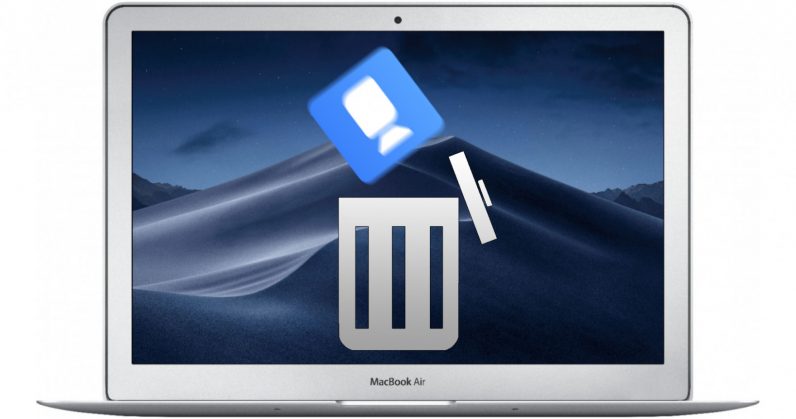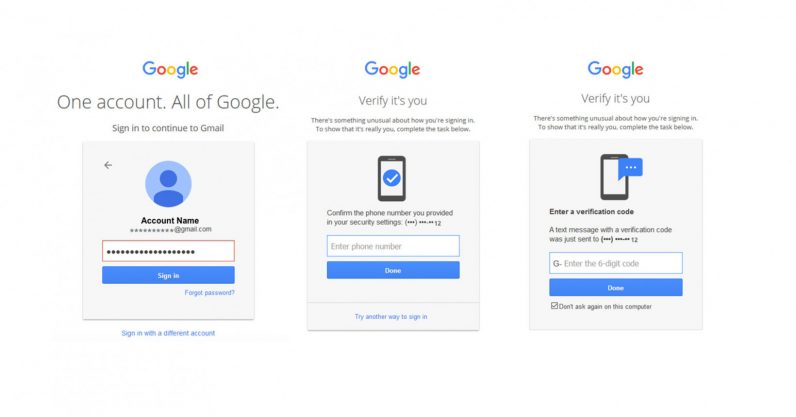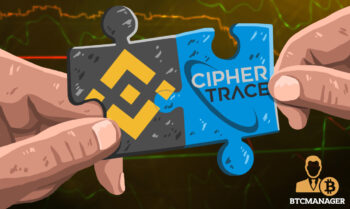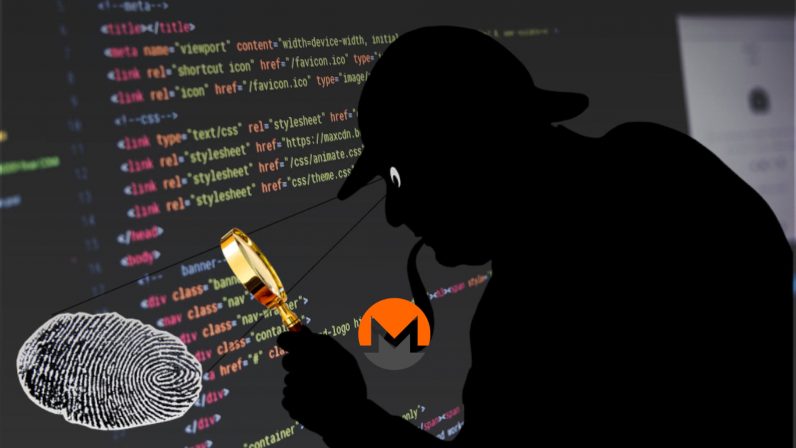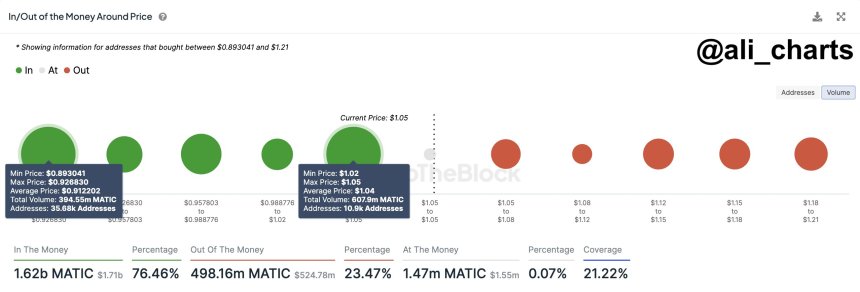2021-5-26 16:00 |
The cross-blockchain decentralizing storage and computing network Aleph.im has entered into a new partnership with Polygon. Their integration with the Ethereum (ETH) scaling project hopes to provide extra security and permanence for non-fungible tokens (NFTs), marketplaces, and decentralized apps (dApps) running on Polygon.
This partnership will reportedly resolve areas of vulnerability that NFT marketplaces may open themselves up to with centralized options.
“The issue is that NFT marketplaces might opt for centralized options for data hosting, that is faster to deploy such as AWS or Google,” said Jonathan Schemoul, CEO of Aleph.im. “While this is a cheap and efficient option, it often creates central points of failures, or vulnerabilities to attacks”.
Aleph.im already offers decentralized storage solutions for files and data of all kinds. Including NFTs, for which the network’s backup dApp creates a unique snapshot of all data attached. That snapshot is then pinned more than 50 times on each core channel node of the network.
This adds an extra layer of security for the NFT, which are mistakenly believed to be decentralized by default. While the NFT purchase mints a cryptographic signature or token, the image or video associated with that NFT can still go missing or be altered. Leading many creators to leverage the InterPlanetary File System (IPFS), a route that Aleph.im has also taken. When the backup dApp creates its unique data snapshot, it backs it up on the IPFS.
Polygon’s roleWith NFTs’ growing popularity, blockchain networks like Ethereum are becoming congested. Meanwhile, an advanced and secure infrastructure is required to support the transition from web 2 to a decentralized web 3.
Its collaboration with Aleph.im allows it to leverage the network’s decentralized databases, alongside a decentralized identification framework. This in turn will assist interconnected dApps and protocols in stripping off any centralized parts of their stack. In doing so, creating a fully decentralized architecture.
Polygon gains Cuban investmentIt has already been a big week so far for Polygon. On May 26, reports stated that Shark Tank personality and billionaire Mark Cuban had become an investor in the project.
Cuban, a long-time cryptocurrency advocate who also owns the Dallas Mavericks NBA basketball team, also revealed plans to integrate Polygon into Lazy.com. This is another company in Cuban’s portfolio, a platform for people to display NFT collections.
Since this announcement, the price of Polygon’s native token MATIC has reportedly surged 40%. At time of press, data indicated its price was hovering well above the $2.20 mark. MATIC previously hit an all-time high, on May 18.
The post Polygon and Aleph.im Join Forces to Provide Extra Security for NFTs and dApps appeared first on BeInCrypto.
Similar to Notcoin - Blum - Airdrops In 2024
SherLOCK Security (LOCK) на Currencies.ru
|
|
